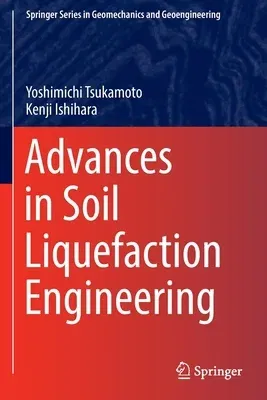Yoshimichi Tsukamoto
(Author)Advances in Soil Liquefaction Engineering (2022)Paperback - 2022, 22 January 2023

Qty
1
Turbo
Ships in 2 - 3 days
In Stock
Free Delivery
Cash on Delivery
15 Days
Free Returns
Secure Checkout

Part of Series
Springer Geomechanics and Geoengineering
Print Length
185 pages
Language
English
Publisher
Springer
Date Published
22 Jan 2023
ISBN-10
9811554811
ISBN-13
9789811554810
Description
Product Details
Book Edition:
2022
Book Format:
Paperback
Country of Origin:
NL
Date Published:
22 January 2023
Dimensions:
23.39 x
15.6 x
1.07 cm
Genre:
Ecology
ISBN-10:
9811554811
ISBN-13:
9789811554810
Language:
English
Location:
Singapore
Pages:
185
Publisher:
Weight:
285.76 gm